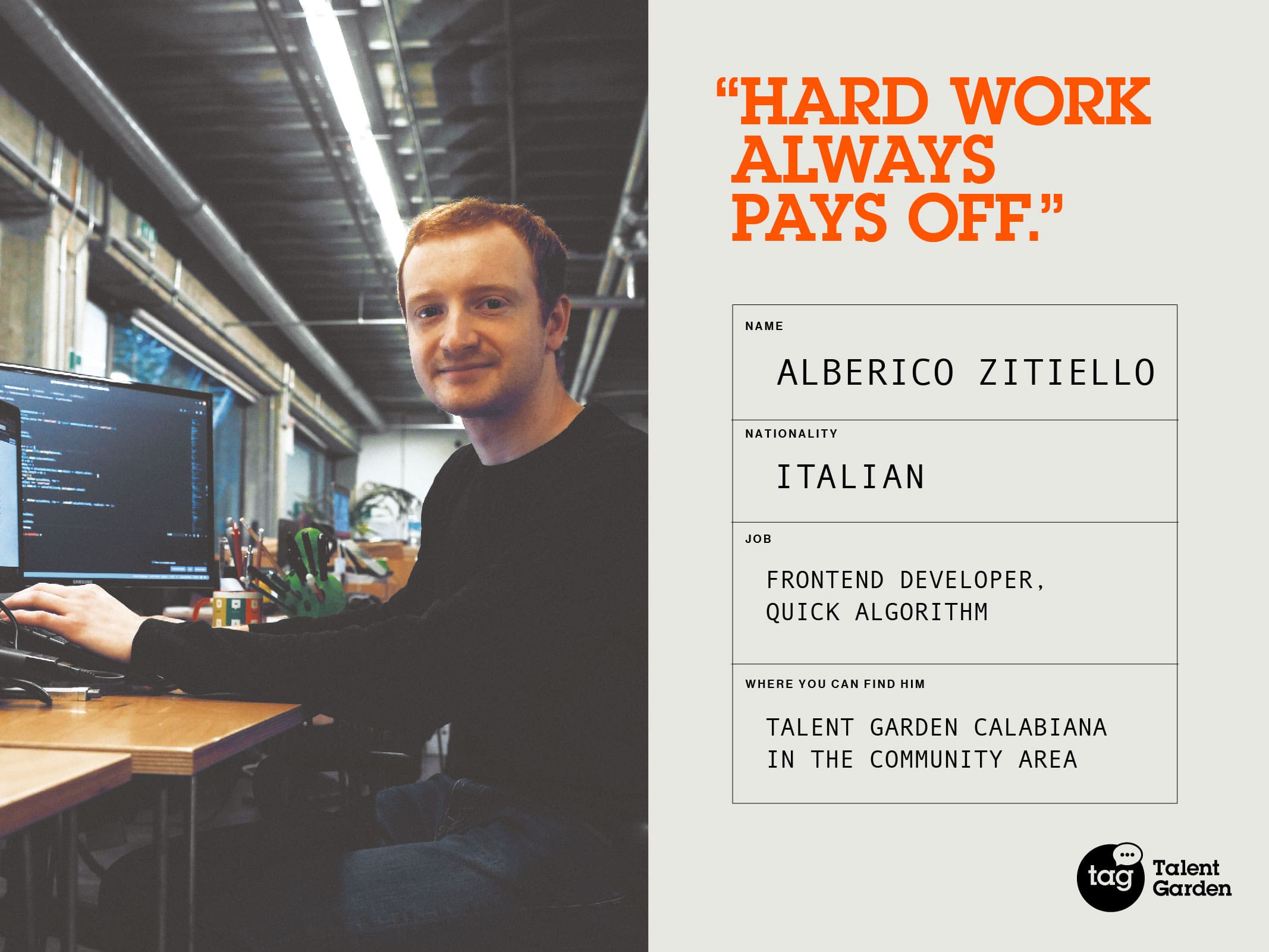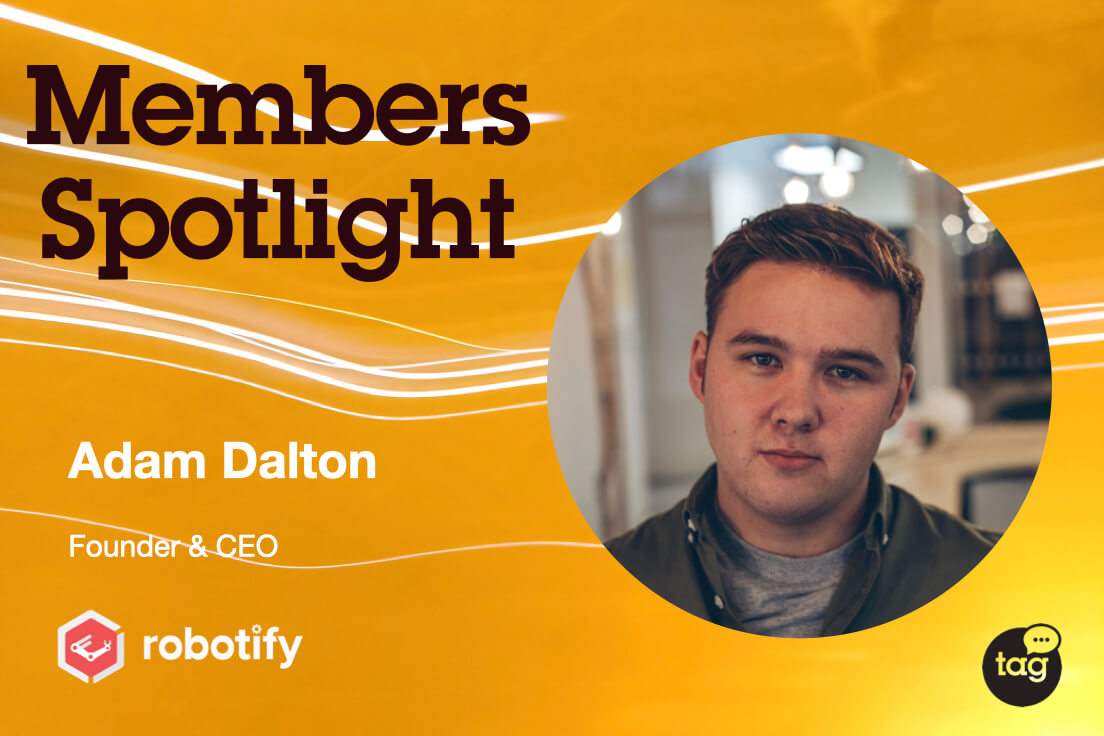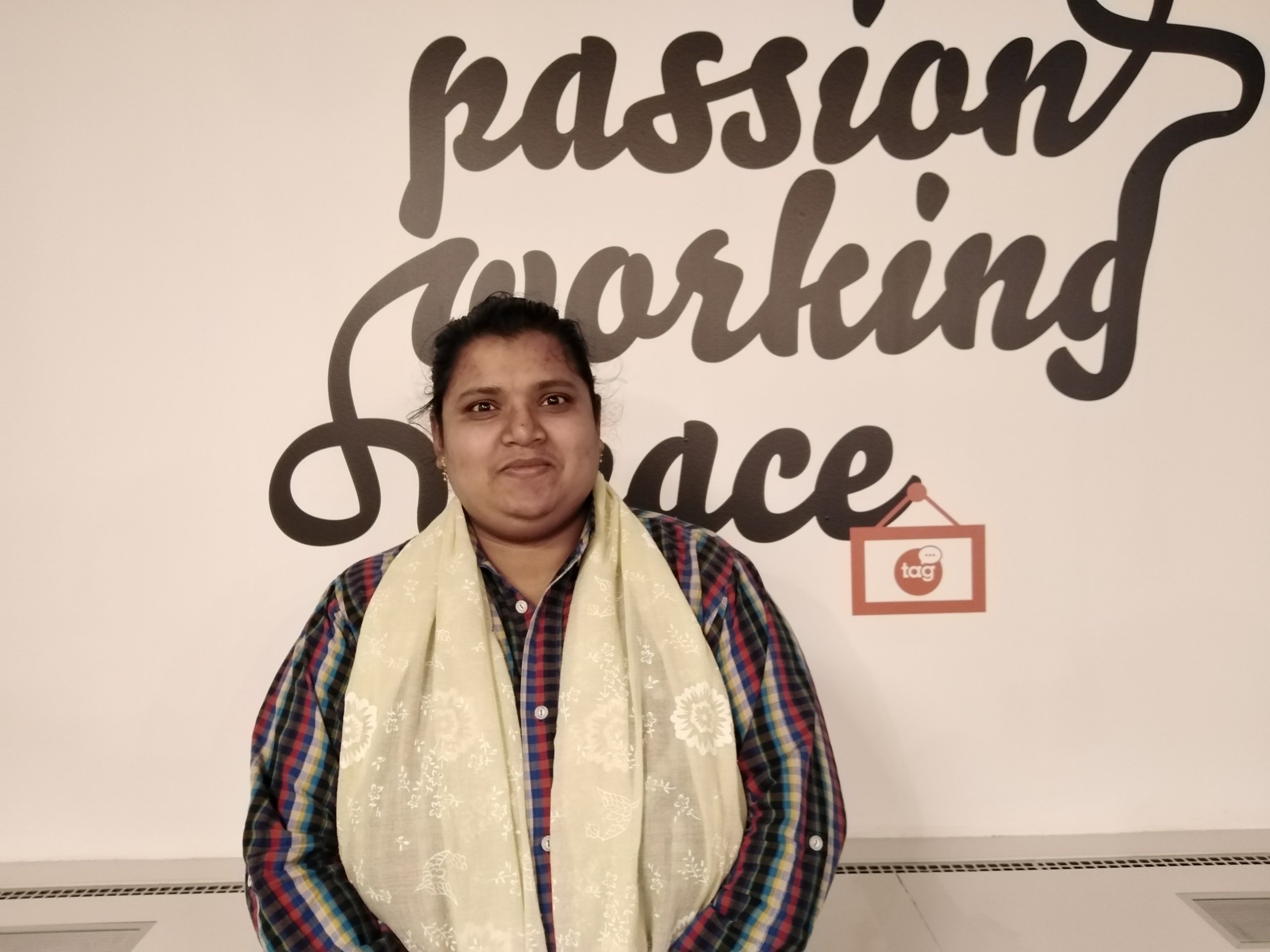- Home
- Coding & Dev AI
- Coding for girls: inspiring women to learn coding
Coding & Dev AI
3
min read
Coding for girls: inspiring women to learn coding


Don't you want to read? Try listening to the article in audio mode 🎧
Women have traditionally been less represented in STEM and Tech disciplines. This happens for various reasons, the first and most important one being the cultural norms in which women are immersed in ever since they are young girls, that does not encourage girls to engage in maths, science, engineering and coding. Without any introduction to these areas, girls perceive themselves as not interested or not good enough for these disciplines and naturally lose interest in them. This causes a gender gap and deprives women of many interesting opportunities, as well as their precious contribution to private and public companies. It’s obvious that since the estrangement begins from the first cycles of school, it is crucial to take action starting at a young age, finding new ways to introduce them to STEM disciplines and in particular in coding.
A digital gender gap
According to the European Commission’s 2nd Survey of Schools: ICT in Education, 79% of secondary school students and 4 out of 5 female European students attending secondary schools never or almost never engage in coding or programming at school. The situation is even worse at the end of third level education, where only 24 out of every 1000 female graduates studies an ICT related subject. For this reason the European Commission promotes many actions to encourage women to engage in the digital sector and in particular in coding. In 2019, 26 representatives signed the Women in Digital Declaration, committing to undertake diverse actions to put an end to this digital gender gap. The first challenge was to change the image that women have of themselves and of the digital skills, and the schools are THE place to start doing this. It is necessary to take action on three levels:- teachers and their approach to STEM education,
- parents so that they are committed to promote these kind of skills and education,
- other educational agencies or companies so that they develop quality teaching materials and other resources.
Coding is cool: let it be known!
Because the truth is: coding is cool! And so it must be perceived by young girls if we want them to engage in tech and digital studies. There are several organisations that are devoted to promoting a better image of the tech field and to building a true sisterhood of girls who engage in these areas. It is worth noting the Girls who code organisation whose mission is to change the image of what a programmer looks like. They offer various free programmes and lessons on coding and on women in tech. Girlstart, projectCSGIRLS and TECHNOVATION girls do similar operations. It is important that girls perceive coding (and STEM subjects in general) not as something daunting and too difficult, where they feel alone because they are not going to find other females, but on the contrary as something engaging and that can have a positive impact both on their personal life and on the society they live in.And when girls become grown up women...
When we move on and we look at women and not at young girls, things are not much better. Women hold only 26% of the tech related jobs. 48% of women in computing and tech jobs report discrimination in the recruitment and hiring process and often in the workplace there is a pervasive albeit subtle “bro” culture. But this should not discourage women from pursuing a tech and coding career. Even if they didn’t study for it from the beginning and graduated in a different field, there is a wide array of resources available today to learn all the competencies they lack. And some courses, like the CodeMaster Bootcamp by Talent Garden, also offer a “pink brain” special discount for women who enrol!
Article updated on: 09 August 2023

Don't Waste Your Talent. Turn It Into a Career With a Course That Fits Your Needs!
Talent Garden is your Digital Skills Academy, offering courses in Digital Marketing, UX Design, Digital HR and Data Analysis designed to launch your career.
Keep reading

3
min read
Coding for Kids: Why it's a good a idea
Computers, smartphones, tablets, smart tvs...almost any object that we use today is based on some form of coding. From ...
Talent Garden
17/09/2021

2
min read
Meet our Community: Alberico Zitiello, CodeMaster Graduate
“Hard work always pays off” Alberico Zitiello, Frontend Developer at Quick Algorithm and Talent Garden Innovation ...
Talent Garden
08/12/2019

6
min read
Bringing Robotics from the Classroom to Space: A New Generation of Entrepreneurship!
By 2034, 47% of all jobs will be automated and replaced by robots, meaning it is increasingly important to teach the ...
Talent Garden
15/01/2021

3
min read
Meet our Students: Shabnaz Akter - CodeMaster
In November 2019, Talent Garden Innovation School launched its first Full Time Bootcamps. Shabnaz Akter is a ...
Talent Garden
31/01/2020
